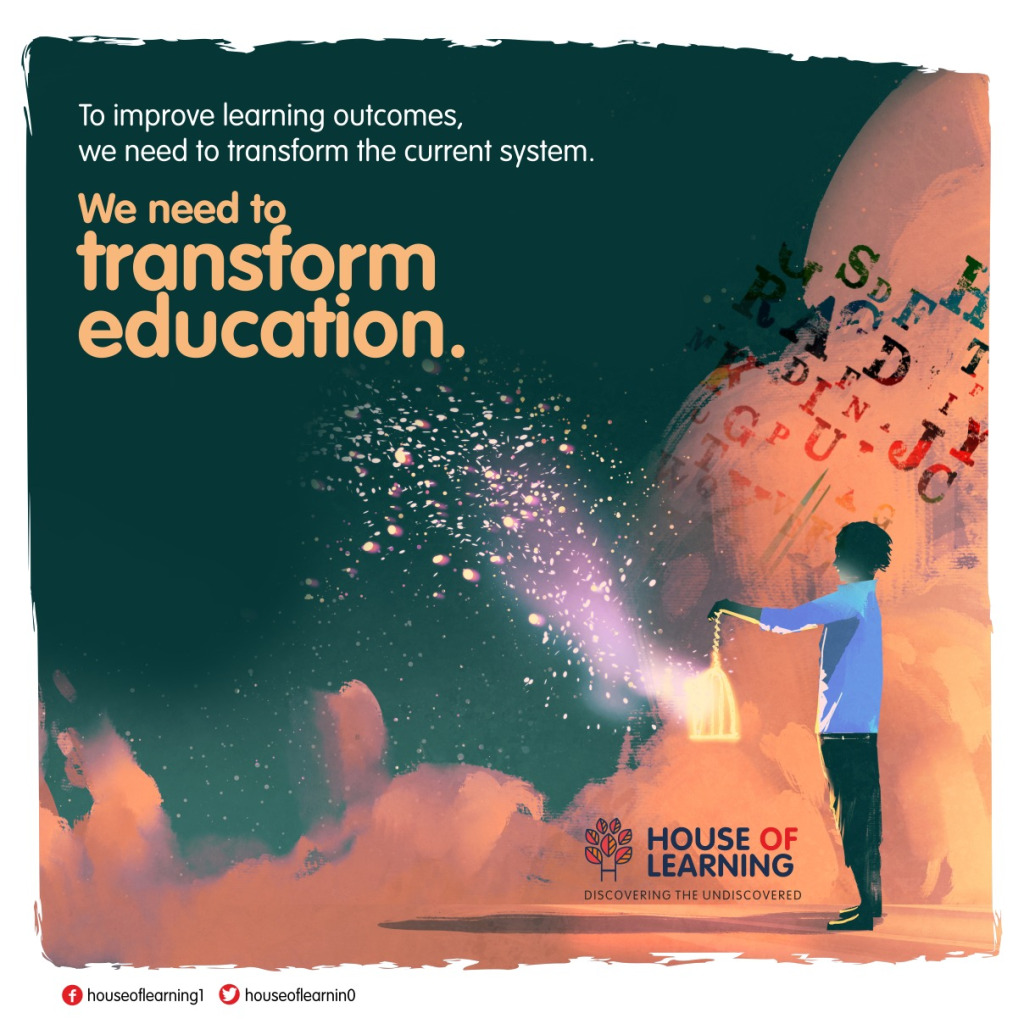Our current education system is not only one that aims to shape our students’ lives, but also attempts to shape the future. However, this approach to learning is not only flawed but also frail. As much as we try, we can neither predict the future nor mould it completely to our liking. Technology has disrupted convention and it continues to do so at an alarming pace; what we think is assured today may not be so tomorrow. That being said, while we make note that the future may not turn out as we wish, we can be positive as even if we cannot predict the future, we can be prepared for its unpredictability.
Disruptive changes to business models will bring about a drastic change in the landscape of employment. A popular estimate, as stated in the world economic forum in the ‘Future of Jobs’ report, claims that 65% of children entering primary school will work in completely new job types, which do not currently exist, in the future. Therefore, to ensure that learners today are prepared for a future tomorrow, the Indian education system must be able to endow students with the skills that will be essential for future ‘unknown’ careers.
The system will need to foster a sense of creativity and lifelong learning to harness the talents of the youth for future economic prosperity. To that end, the draft National Education Policy (NEP 2019) is a step towards evoking the transformation that our frail system needs. The daft calls for changes in pedagogy and the development of teaching capacity and skills, and facilitates increased interaction in classrooms and schools through teaching approaches and modernized facilities. But, a sizable wrench in the system is that the previous budget allocated to schools had undercut the implementation of these provisions. It did not completely facilitate an opportunity for growth.
Now, the budget for 2020 has allocated Rs 99,300 crores for the education sector and Rs 3000 crore for skill development. It is a step towards the paradigm shift that will bring about the transformation for a more prepared tomorrow, which will constitute a better rate of employment. But alas, there is still one question left unanswered.
Why has there not been a budget allocated specifically for pre-primary and primary years?
Early years development makes the youth more resourceful and enables a better foundation for future learning, which is critical for being prepared. Education is a key component in enabling the future workforce of our nation, and it needs to start with an enhanced early years education. After all, those are the years that aid the designing of a child’s blueprint. So, we need to start a conversation to enable its development. Ultimately, to encourage a transformation of the academic system, the focus needs to be put on early settings as well as higher education. Together, they both further an improvement in learning outcomes.
AT HOL, we advocate for better provisions in the early years of learning. However, it is up to all of us to enable the transformation of our current system and to enable the transformation of education, as a whole.





Leave a Comment